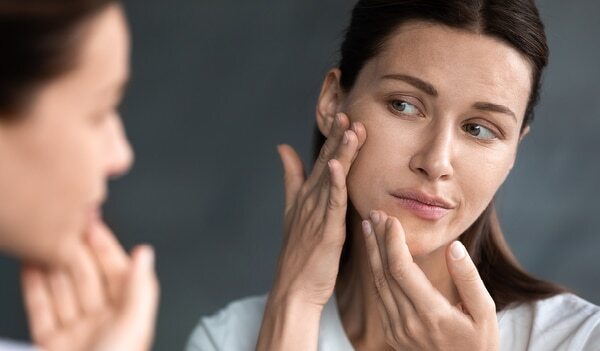To achieve soft, glowing and spotless skin is every girl's dream. But sun exposure, pollution, diet, stress and irregular skincare practices are some of the many reasons that prevent you from making this dream a reality. Despite trying out various skincare remedies – from popular buzz-worthy products to concocting new DIY recipes, we have done it all. But even after several months of trying everything you could think of, are you still quite far away from getting rid of hyperpigmentation and achieving clear skin? Well, we are here to help. In order to help you deal with this persistent problem of hyperpigmentation (we totally know how annoying it can be), we spoke to Mumbai's leading _dermatologist and skincare expert, Dr. Mrunal Shah Mod_i. In this article, she throws some light on the different causes of skin darkening as well as some incredible and highly effective hyperpigmentation treatments. Isn't that awesome!? Read on for all the deets...
Natural Argan Oil & Lavender Sulfate Free Anti-Frizz Shampoo - 400ml
₹658
₹658
SHOP NOW








